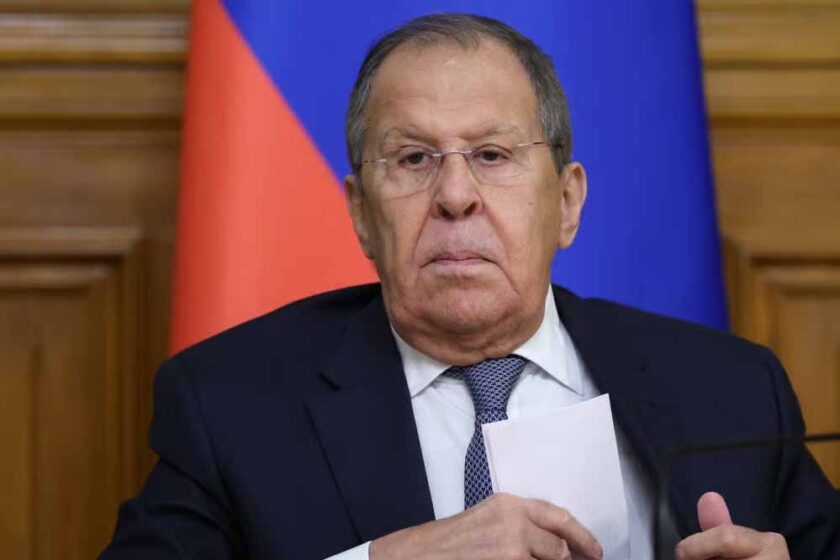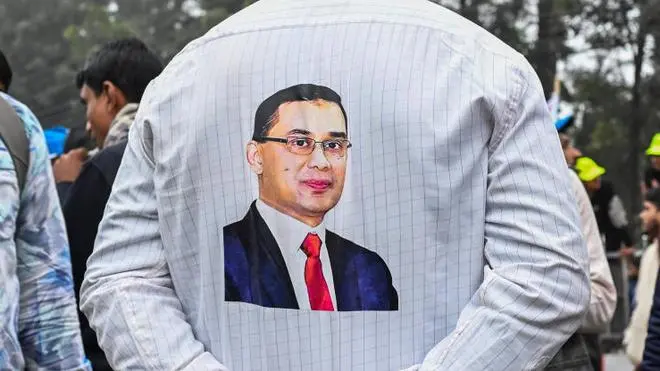New Delhi |Prime Minister Narendra Modi’s strong and clear-headed intervention at the opening session of the G20 Summit has brought global attention to a fast-intensifying threat: the dangerous nexus between terrorism and drug trafficking. Modi warned that narcotics smuggling has now become as lethal to global peace, stability, and human security as any form of organised violence. His remarks resonated widely, reflecting the rising alarm over the expanding reach of drug cartels and their deepening ties with terrorist groups.
Calling the drug trade “the biggest fuel powering global terror networks,” Modi stressed that this illicit multibillion-dollar industry is not just a crime syndicate operating in the shadows—it is a grave threat to national security, social stability, and the future of young populations worldwide. The Prime Minister emphasised that the supply chains of new synthetic drugs, such as fentanyl—which has created a devastating public-health emergency in countries like the United States—are spreading faster than governments can respond, making decisive global action urgently necessary.
Modi urged world powers to dismantle the financial and logistical networks connecting drug mafias and terror groups, saying that no nation can afford to treat this crisis in isolation. “If the world does not act now,” he cautioned, “the tragedy unfolding in one region could rapidly engulf others.”
A Global Crisis Defying Borders
The Prime Minister’s speech underlined a harsh reality: drug cartels today operate as transnational empires, often functioning like parallel authorities in several regions. From Afghanistan and Myanmar to Mexico, Colombia, Nigeria, and parts of Europe and Asia, heavily armed drug networks have successfully challenged state institutions, exploited corruption, and penetrated governance structures.
Modi argued that the crisis can no longer be viewed merely as a law-and-order issue. Instead, it must be recognised as a threat to civilisation itself—spreading addiction, destroying youth, destabilising economies, and empowering violent non-state actors.
Modi’s Roadmap for Global Action
Offering a concrete action plan, Modi called on G20 nations to adopt coordinated strategies to curb illegal drug production, distribution, darknet-based trade, crypto-enabled payments, and cross-border trafficking. His proposals included:
- Tightening global controls on illicit financial flows
- Preventing misuse of artificial intelligence in criminal networks
- Strengthening data-sharing mechanisms
- Enhancing technological cooperation
- Establishing new policies to combat cyber-enabled narcotics and synthetic-drug trade
He warned that AI is increasingly being used to mask identities, run encrypted drug channels, and organise trafficking networks—making collaboration essential.

A Successful Summit Despite Geopolitical Absences
The 2025 G20 Summit, held despite the conspicuous absence of the United States, was viewed as constructive and solution-oriented. Leaders demonstrated rare unity on global threats, including wars, economic instability, and the rising concerns of the Global South.
Modi’s presence emerged as a stabilising and central force. At a time when many major powers are grappling with internal crises or political paralysis, India projected a picture of stability and clarity. Modi’s interventions reinforced India’s position as a credible, forward-looking global leader capable of shaping international action.
India’s Experience Offers Lessons for the World
Highlighting India’s long battle with cross-border terrorism and its position near major narcotics transit routes, Modi explained how India has strengthened its surveillance systems, border controls, and digital tracking mechanisms to combat drug networks. He underscored the importance of awareness campaigns and youth mobilisation as essential tools in fighting addiction. “Law alone cannot defeat this crisis,” he said, emphasising the need for societal and psychological resilience.
A Broader Vision Rooted in Human-Centric Development
Modi also presented India’s “Ekatma Manav Darshan” (Integral Humanism) as a sustainable global development model. He called for deeper cooperation in traditional medicine, healthcare, critical minerals, satellite data access, capacity-building in Africa, and collective action against drug-terror networks. He lauded South Africa’s G20 presidency for progress in areas such as migration, innovation, AI, food security, digital economy, and women’s empowerment.
A Clear Global Signal
The G20’s overarching message was unmistakable: the world is recognising new and potent threats—and is increasingly prepared to act together. Breaking the drug-terror nexus is now seen as essential for securing global peace.
Modi’s call for unity, vigilance, and human-centric growth echoed across the summit, reinforcing the belief that the battle against narcotics trafficking is not just a fight against crime—it is a fight for the future of coming generations.










